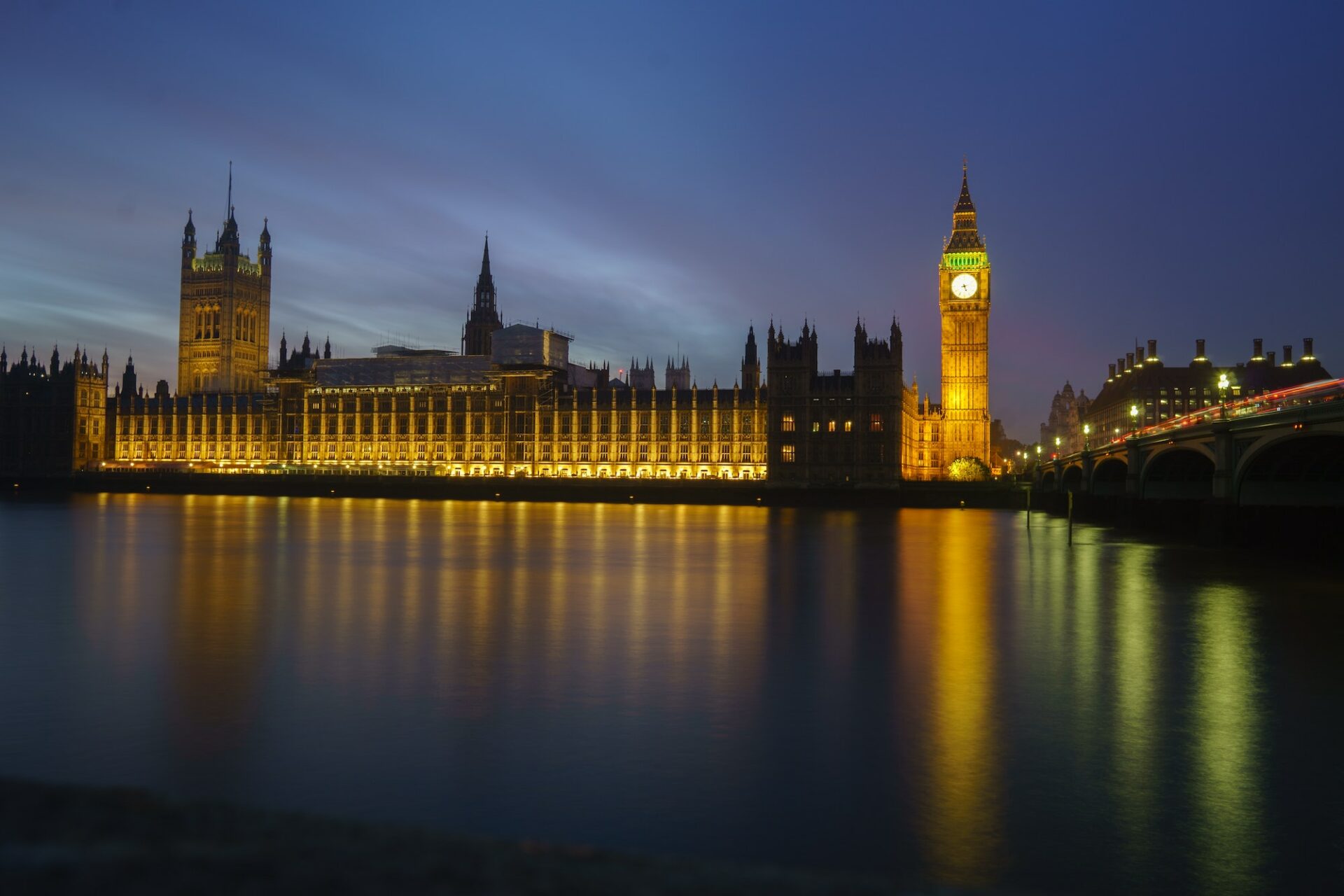Musicians and MPs back streaming services bill proposed by Kevin Brennan MP
The streaming services bill will seek to ensure comprehensive remuneration for musicians, in the wake of a recent inquiry
By Grace Almond

Backed by cross-party MPs and musicians, Kevin Brennan MP has published the draft of his bill to change legislation surrounding streaming services.
Dubbed the ‘Brennan Bill’, the Copyright (Rights and Remuneration Of Musicians) Private Member’s Bill will seek to present solutions to the ethical issues posed by streaming services regarding fair remuneration for musicians. Spotify, for example, is known to pay between $0.003 (£0.0022) and $0.0084 (£0.0063) per stream.
The Bill serves as a follow-up on key recommendations proposed by a cross-party group of MPs who sit on the Digital, Culture, Media and Sport Select Committee, of which Brennan is a member. Their recommendations were made after carrying out an in-depth inquiry into music streaming.
The inquiry looked at the relationship between artists and labels, and the impact of an artist’s record deal on how much they earn from streaming services. For many artists, their record deals were negotiated before streaming services became popular.
So far, the Bill has received support from The Musicians’ Union and the Ivors Academy, as well as MPs and the Sex Pistols’ Glen Matlock. The bill is due to be presented to Parliament on December 3.

A statement on the Bill reads that its aim is to “ensure performers and composers are properly remunerated, by placing the treatment of revenue gained from music streaming services onto a common footing with the treatment of revenue gained from other sources.”
Brennan said: “More and more people are streaming music – heightened by the pandemic – yet, unlike for radio, there is no guaranteed royalty payment for all the musicians who have contributed to the recording being streamed.”
“To redress this, my Private Member’s Bill seeks to allow performers and composers to access means to ensure a fair sharing of revenues generated from their works. In particular, the Bill will introduce a right to equitable remuneration for performers on musical works, where works that they have performed upon are made available to the public.”
However, some industry organisations including BPI and AIM have criticised the Bill. A BPI spokesperson said: “This Bill would bind British music in red tape, reduce income for the most entrepreneurial artists, stifle investment and innovation by record labels, and disproportionately harm the independent sector.”
They continued: “It would create huge uncertainty and deny many of the next generation of artists their shot to build a career. It completely misunderstands today’s music business, and the value that labels provide in finding and nurturing talent.
A recent report from the charity Help Musicians found that in the weeks after lockdown ended, almost 90% of 1,000 musicians interviewed were earning less than £1,000 a month. The charity also revealed that access to their mental health services had increased by 60%.
The precarious nature of the music industry in the wake of the pandemic was echoed in UK Music’s annual report this year, which found that one in three music jobs were wiped out during the pandemic.
